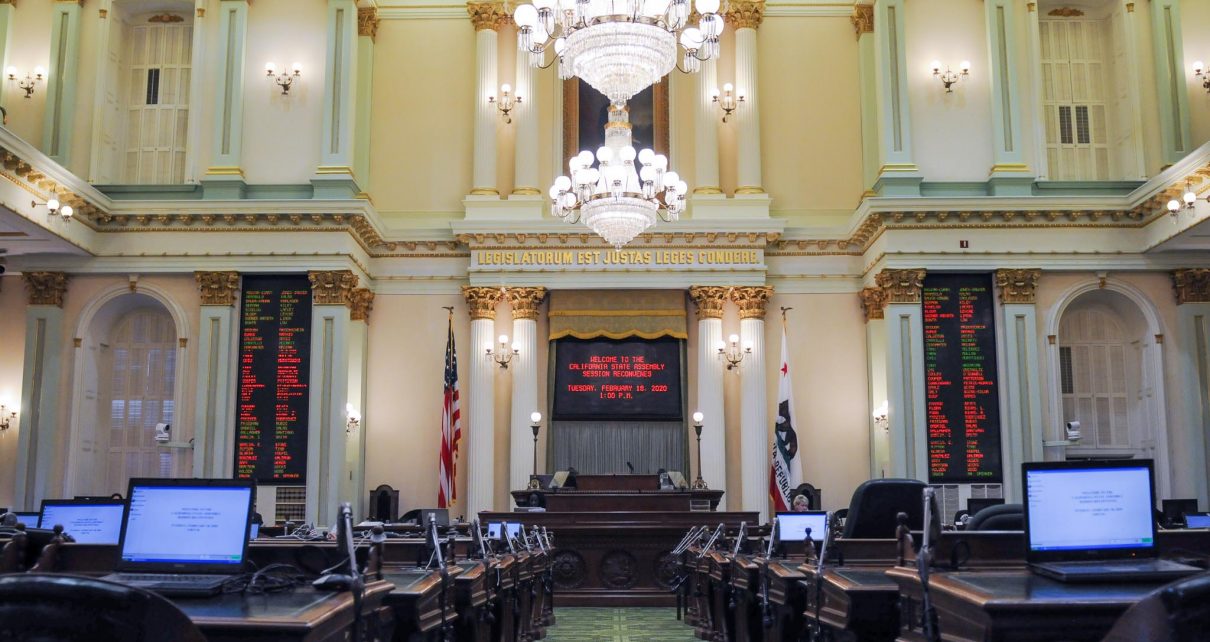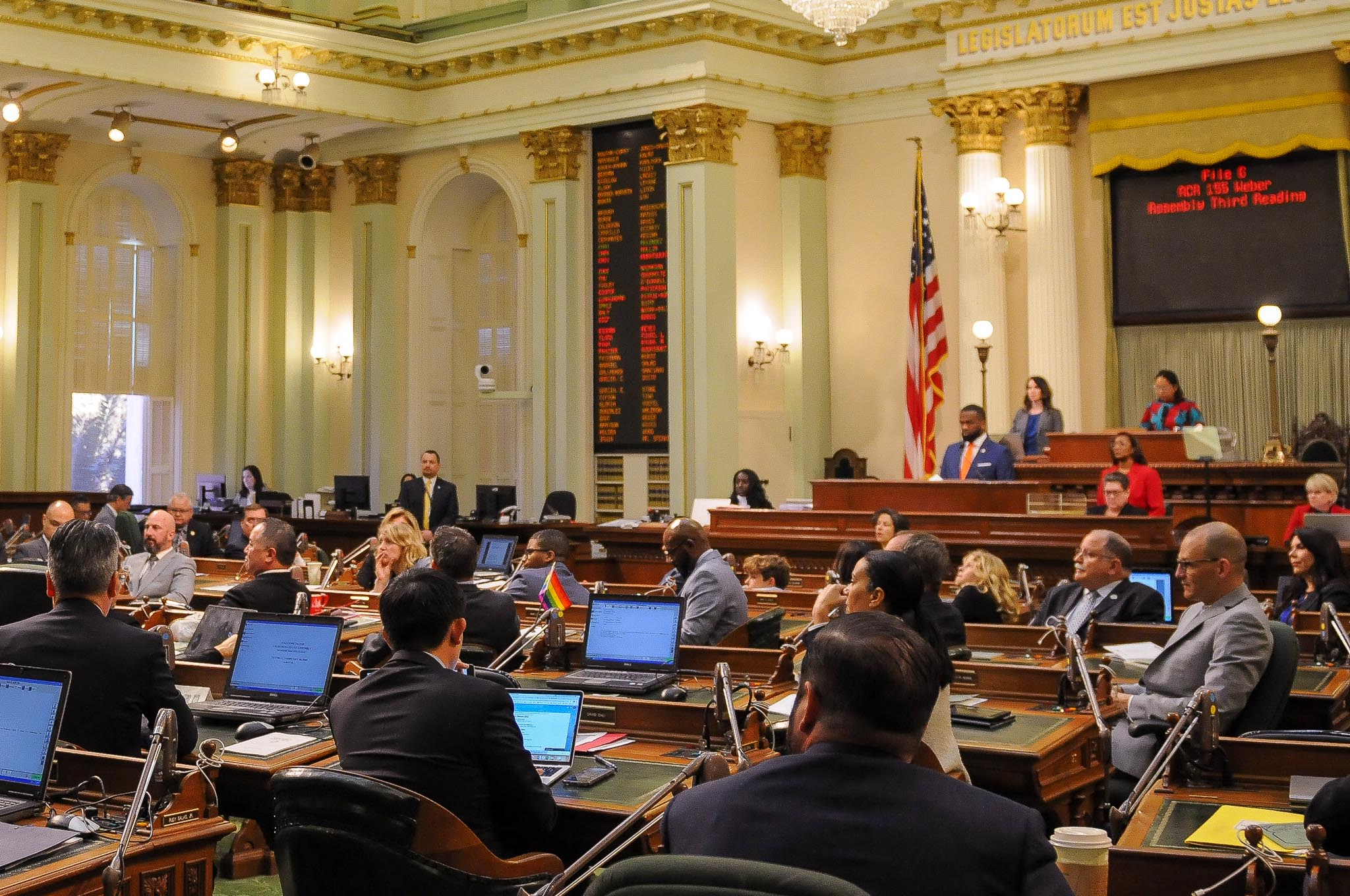
California State Assembly. (Photo: Kevin Sanders for California Globe)
Why California Bills Do Not Use And/Or
The general view from the judiciary, as well as the Office of Legislative Counsel, is that the term and/or should never be used in drafting
By Chris Micheli, October 7, 2022 6:35 am
While legal language often includes the use of the term “and/or,” this term is not used in California statutes nor in the drafting of bills in this state. While lawyers may use and/or in contracts, court pleadings, and even some statutes in other states, the general view from the judiciary, as well as the Office of Legislative Counsel, is that the term and/or should never be used in drafting.
At best, this term is vague and others argue it has no meaning. As a result, the Office of Legislative Counsel does not use the expression and/or. OLC also does not use “etc.” and several other words, including “said” and “such.” Instead, they use the words “the,” “a,” or “an.”
Other legal commentators do not agree with this approach. For example, “And/or, however, is not ambiguous at all. It has a definite, agreed-upon meaning: when used properly, the construct means ‘A or B or both.’ In most areas of law, there simply is no compelling reason to avoid using and/or. The term is clear and concise.”
Regardless, in California bill drafting, the term “and/or” is always avoided.
This also raises the issue of how the words “and” and “or” are individually used in California statutes. With bill drafters in this state, the term “and” means both, but it can also mean either (similar to the meaning of the word “or”). As a result, the word “and” in a statute can be both items or either item.
On the other hand, the term “or” only means item one or the other item, but not both.
Finally, for multiple items (e.g., those found in a series), the terms “any” or “all” will be used in California statutes to mean one item or all of the items.
- Frequently Asked Questions about State Agency Ethics Training - April 26, 2024
- Frequently Asked Questions about When Elected Officials Take Office - April 25, 2024
- Frequently Asked Questions About Ethics Training for Local Agencies - April 24, 2024





Here, California’s laws (and any other state’s) might benefit from the terminology of Boolean logic, particularly as it is used in describing computer code. There, in contrast with California law, ‘A or B==true’ means that A might be true, or B, or both; what California law construes in ‘or’ is expressed as ‘A xor B’, ‘xor’ being a portmanteau of ‘exclusive or’.
I should have added that is remarkable on this site not to have seen California’s definition of ‘or’ cited as a reason why the Apocalypse were headed straight for us, speedily and in our days….